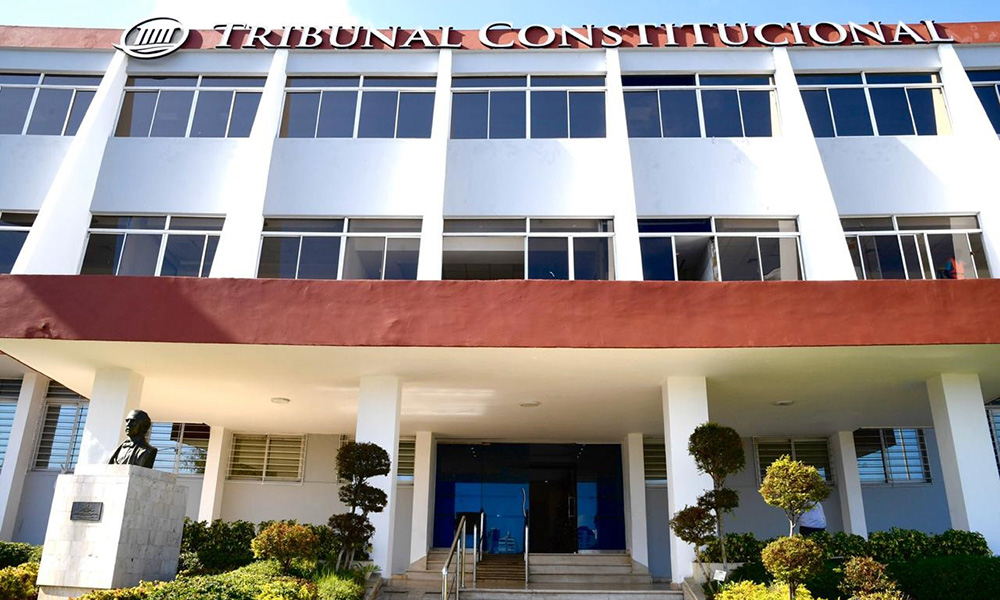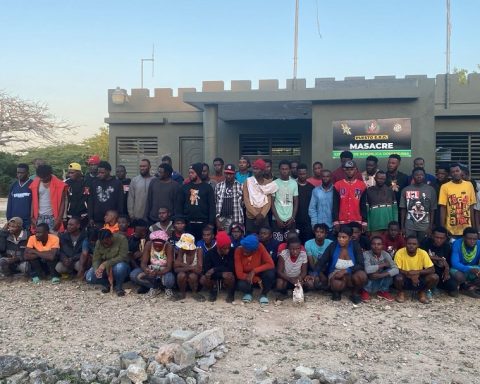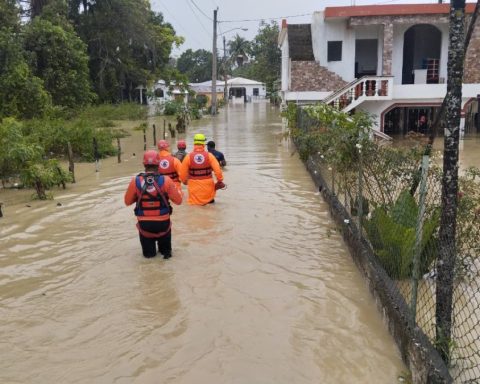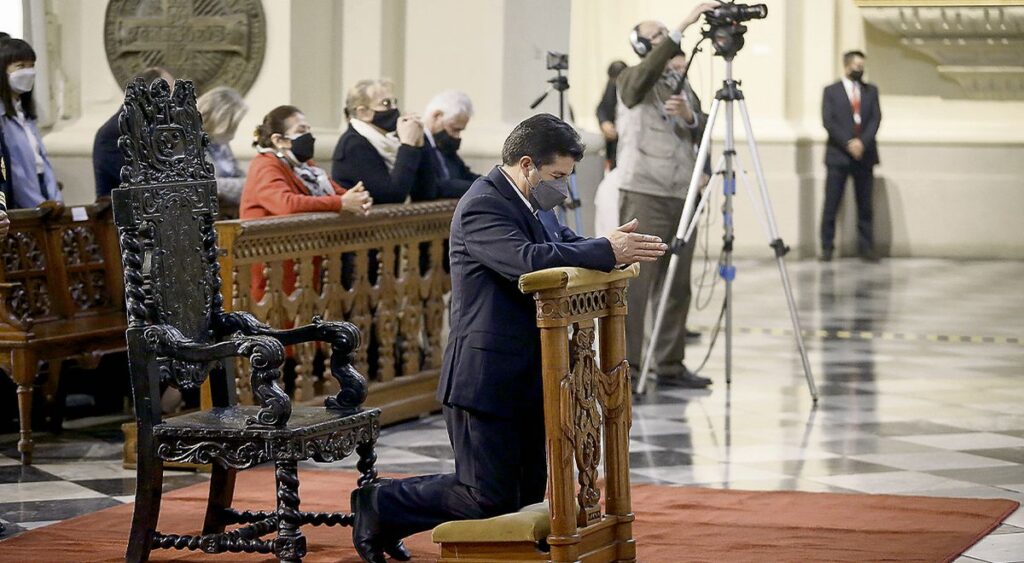Opposition legislators reject that the bill on domain forfeiture trials for the civil confiscation of illicit assets is ordinary legislation, as jurists at the Pontificia Universidad Católica Madre y Maestra (PUCMM) proposed last Tuesday.
In the conversation “analysis of the domain extinction bill” organized by the Senate of the Republic, the Chamber of Deputies and the PUCMM with the presence of legislators and the presentation of five specialists in law, the experts in the field Marko Magdic and Olivo Rodríguez Huertas (two of the exhibitors) said that the initiative is an ordinary law, which provoked debates in those present.
It is in this sense that the senators of Fuerza del Pueblo (FP) Dionis Sánchez, spokesperson for the party in the Upper House; and Félix Bautista, one of the proponents of the piece, said that if the regulation is approved as an organic law, they will go to the Constitutional Court (TC).
Not only those congressmen refute the planNot only those congressmen refute the approach of the legal specialists, so does Yván Lorenzo, spokesman for the senators of the Dominican Liberation Party (PLD) in the Senate; deputies Rafaela “Lila” Alburquerque, from the Christian Social Reformist Party (PRSC); and Eliezer Matos, of the Modern Revolutionary Party (PRM), who consider that the legislation is organic because it establishes judicial procedures and affects fundamental rights.
Contrary to them, the senator of the National District and spokesperson for the PRM caucus in the Upper House, Faride Raful; and the president of the bicameral commission in charge of the bill, Perremeist senator Pedro Catrain, assure that the bill on domain forfeiture trials is an ordinary law.
Senators Force of the People
Dionis Sánchez, after arguing that it is an organic law because article 51 of the Constitution establishes that property is a fundamental right, maintained that if the initiative is approved as an ordinary law, he will go to claim the Constitutional Court to revoke that law. decision.
Similarly, Félix Bautista indicated that if the congressmen pass the legislation as ordinary, it would go to the Constitutional Court, which will declare it unconstitutional. The senator urged legislators to be responsible enough not to approve regulations that are contrary to the Magna Carta.
Legislators of the PRM, PLD and PRSC
Similar to Sánchez and Bautista, Senator Yván Lorenzo stated that the initiative is an organic law because it deals with property rights, which is a fundamental right. However, he stressed that if the ruling party wants to classify it as ordinary, there are no problems, “let them come, we are going to make it.”
On her side, the reformist deputy Rafaela “Lila” Alburquerque, indicated that the law on domain forfeiture trials is organic “and everyone knows it”, but what happens is that they want to violate the Constitution. “I went to the event yesterday, and it was said that it is not an organic law. Oh no! They say that is interpretive, no. The Constitution is restrictive, not interpretive,” she stated. Meanwhile, Eliezer Matos, despite clarifying that the bicameral commission that works on the law will determine whether it is ordinary or not, affirmed that for him it is an organic law.
The dilemma of whether the law is organic or not adds to the debate on retroactivity and tax avoidance.
Faride and Catrain say the legislation is ordinary
Senator Faride Raful said that the bill on domain forfeiture lawsuits is not organic, because it does not affect a fundamental right. “There are those who say that it would be the affectation of a property right, but since we are talking about the illegality of the acquisition of goods, I understand that a property right is not recognized a priori to whoever acquires a good in an illegal manner. illicit”, he explained when speaking with elCaribe. Likewise, Senator Pedro Catrain stressed that it is ordinary because the right to property is governed by the Constitution and has the form of acquisition, and the law of domain extinction does not deal with the right to property, but with the illicit. “What is permanently illegal will continue to be illegal, then, the organic laws are those that deal with fundamental rights, and what is illegal is not a fundamental right, it is not part of the constitutional order that establishes fundamental rights,” stressed the head of the bicameral commission. It is emphasized that the organic laws require the vote of two thirds of the quorum in both chambers for their approval, and the ordinary ones half plus one. The ruling party has a majority in both chambers.















